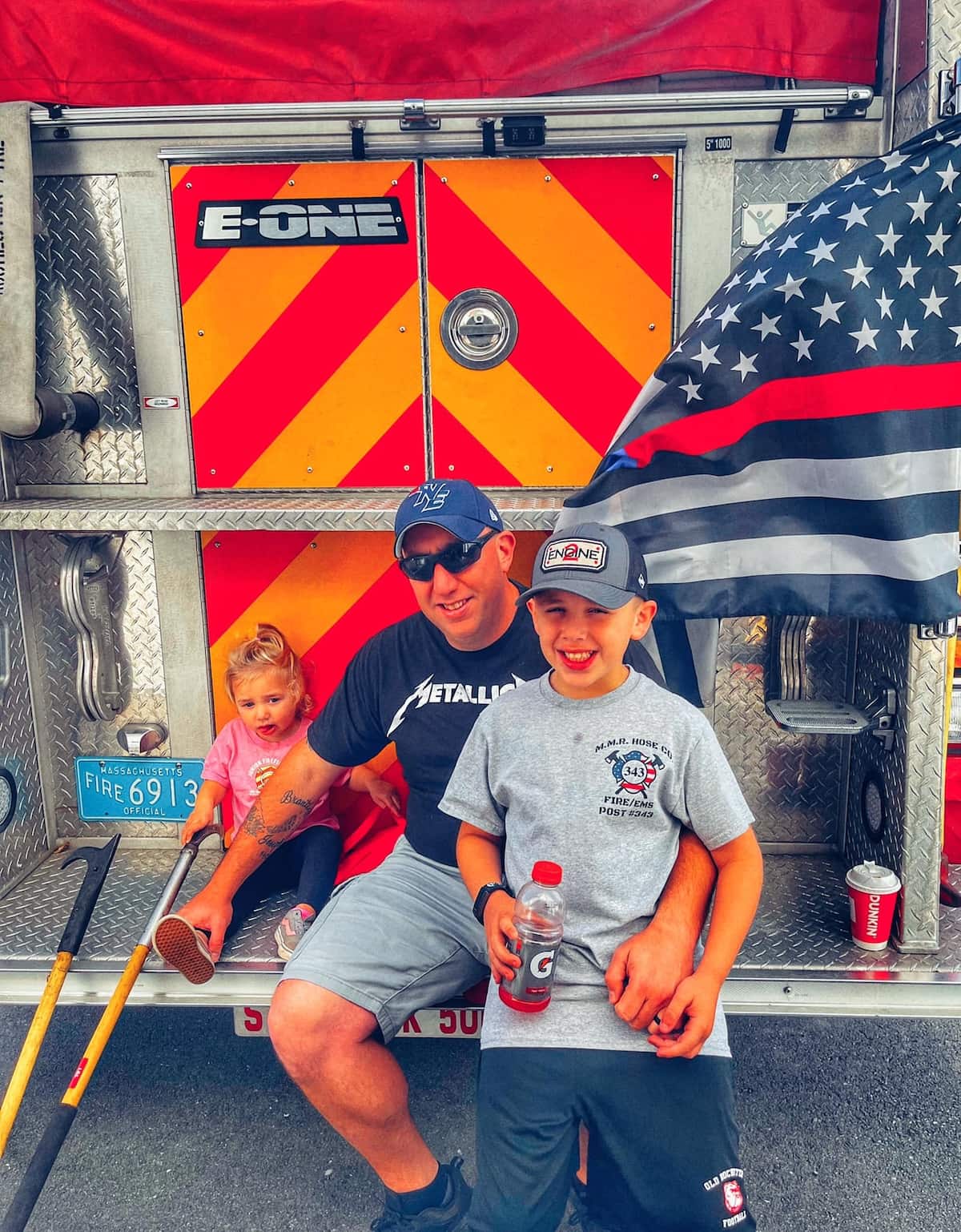After a recent first responder peer support meeting, the lessons that were taken away from that few hour session just needed to be shared. No information will be shared that would violate the confidentiality of the peer who attended the meeting.
As a peer support group facilitator, one of the largest questions that run through my mind before hosting a group is wandering just how many people will actually show up. On this particular night, we fought challenges with our hosting facility when they “forgot” to unlock the building for us. Not a good way to mentally prepare for what’s to come. While dealing with this rather large issue, a single vehicle pulled into the parking lot with a new face that had never attended a peer support group before. After providing a brief insight to the issues at hand with the building, we decided to utilize the outdoor patio to host the meeting since the weather was cooperating.
We started chatting around 6:45pm when the group time started. Having only one person in attendance, it wasn’t hard to start a conversation. Before we knew it, it was pitch black dark outside and 9pm. To provide a little information, the person drove between 45 minutes and an hour to attend the group. Being a first responder for under ten years, they recently found themselves dealing with a traumatic incident that was affecting their home life. Luckily, this peer was doing the right things; involved in therapy and making the time to work on themselves. After reaching out to a local organization for a peer support program, they were directed to us.
Throughout our time together numerous topics were covered and discussed. Having the opportunity to have the 1:1 session proved to allow this peer the chance to ask any question they had. Most topics were ended with statements like “I had no idea”, “I never realized that”, “that makes so much sense”. As we walked back to our vehicles in the darkness, they made sure to say how much this time helped them and that they hopefully will never miss another meeting moving forward. I can’t type the level of comfort and excitement this person showed but the most impactful statement made a few times that night (with a smile) was “I’m so happy someone else understands”.
Even though this first responder was doing the right things by seeing a trained mental health professional, it is truly amazing that the power of a conversation between two strangers on the same path made such an impact. When times get tough, especially for first responders, it’s hard to feel like anyone else would understand. The stigma of mental health prevents most first responders from seeking help from people within their departments and most struggle with seeking professional help for the same reason they don’t talk to their families at home, because they don’t understand. Given the opportunity to sit with a fellow first responder who can relate and won’t ask the “stupid” questions, allows you to open yourself up – even to a stranger.
When you’re struggling and dealing with symptoms such as panic attacks, nightmares, flashbacks, hypervigilance, and substance abuse issues, it’s hard to find true support from someone who has never been there or done that. Even from a trained mental health professional. By no means am I taking away the power, tools, and support they provide you, but deep down inside you know that they don’t understand. The comfort of sitting next to someone who does understand, has been where you are, and can provide positive feedback that there is hope to correct these issues, is something more powerful than most can understand. Proving the point that peer support not only works, but is truly needed.
To anyone feeling alone, the emptiness, and numbness is something that can’t be easily explained. But with the courage to look for a peer support group, you can find yourself sitting next to someone who does truly understand. No one should ever feel as though they are alone, that others won’t understand you. Situations may be different, but the underlying conditions can be the same or extremely similar. The simple power of a personal connection through a conversation can have such a drastic impact on someone and that is truly amazing. If any of this relates to you, please consider giving a peer support group a chance. Again, these statements do not take away the need or importance of also seeking help through a trained mental health professional.

What is Behind the Line Support?
Behind the Line Support was founded in 2025 after the founder was diagnosed with severe C-PTSD after working 24 years of continuous service as a first responder. After searching for resources and realizing they were very limited, it became apparent there needed to be a change, a community needed to be born.
